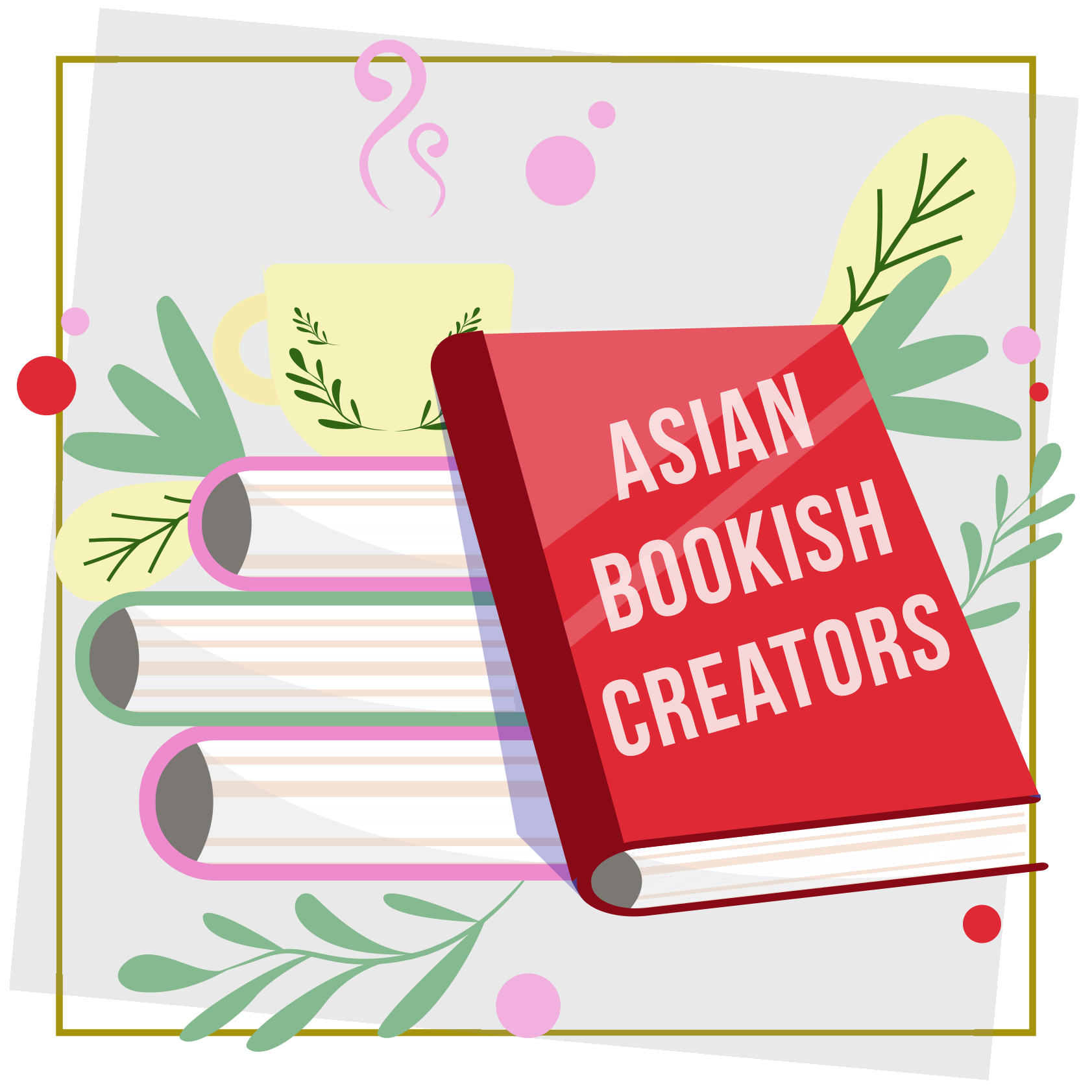"They burned for someone else's war, someone else's wrongs; someone they had never met had made the decision they should die, so in their last moments they would have had no idea why their skin was scorching off."
isbn: 978-0-06-299589-6 | pages: 658
publication date: August 9, 2019 | source: own
genre: adult fantasy | rating: 8.2/10
trigger warnings: extreme violence, drug use, rape, war imagery
A M A Z O N | G O O D R E A D S | B O O K S H O P
B O O K D E P O S I T O R Y | B A R N E S A N D N O B L E S | I N D I E B O U N D
power and manipulation
With the ending of The Poppy War leaving an uneasy truce, The Dragon Republic tackles Nikan on the brink of civil war and Rin's journey of vengeance against the empire that betrayed her. Right from the beginning, war consumes every living and breathing character as political allies are sought and tensions continue to build up. Amidst all of this, Rin is navigating her new position as the leader of the Cike while learning how to balance the demands of destruction from the Phoenix.
One of the most fascinating and heartbreaking elements of the story is of course, the portrayal and impact of war on the characters. R.F. Kuang explores the impact of white imperialism taking advantage of Nikara's weakness through the lenses of savior indifference and religious fervor. The Hesperians were fascinating to read about, albeit extremely irritating at the same time. They come into the story bearing weapons of technological advancement and a religion that preaches their superiority. Not only does this reveal the superiority complex that imperialism has taken advantage of in our own history, but also reminds readers of humanity's harmful ability to destroy individual cultures based on the belief that your people are somehow better and more deserving of the freedom to live.
rebuilding the broken
When reading The Dragon Republic, I was amazed by how R.F. Kuang continued to develop each individual character and their own journey with the impacts of war. Rin is stereotypically a bunch of things that I would dislike in a female protagonist - she's prone to anger, irrational, and sometimes ignores the advice of the people around her. However, her characterization is so well developed and gives a backstory and reason for her fears and irrationality. Like the synopsis claims, Rin has been primed as a weapon of war and ultimately this story focuses on her discovering what it means to be a weapon and how to be her own wielder.
War is constantly colored in shades of gray, even the most noble of reasons lead to violence the bleed and kill the innocent. Sometimes the most difficult pills to swallow is not seeing the death and atrocities committed by your enemies, but seeing the complicity of your own people. The trauma that stays with the survivors, the guilt - these themes are explored through the cast of characters. I will forever adore Chen Kitay and seeing how his character internalizes and adapts to war, seeing his brilliance honed to battle strategies and death, seeing how every character we've met and loved in The Poppy War walk their paths by the dictations of war both broke and reminded me of how strong they are which made me so proud of them (while also wanting to shield them of the horrors of The Burning God).
I know from reading reviews online the scene on the rooftop which destroyed many hearts but to end on a some what positive note, my favorite scene is the one where the Sinegard crew are making tang yuan together and that companionship and solidarity is what they all deserve in the end.























